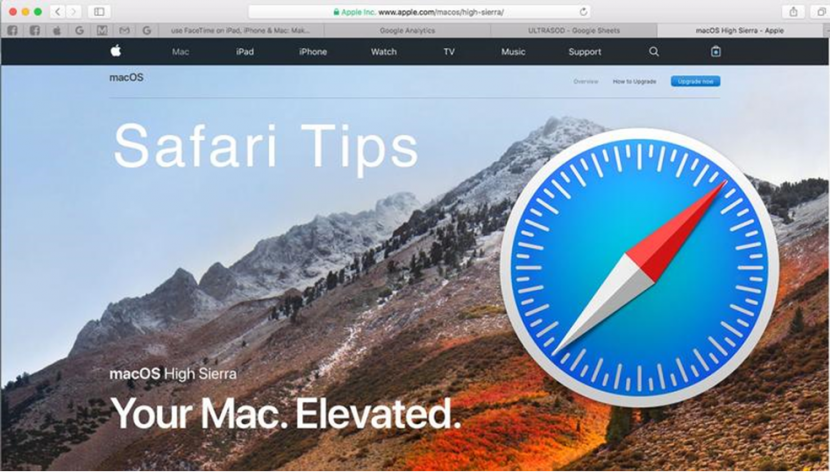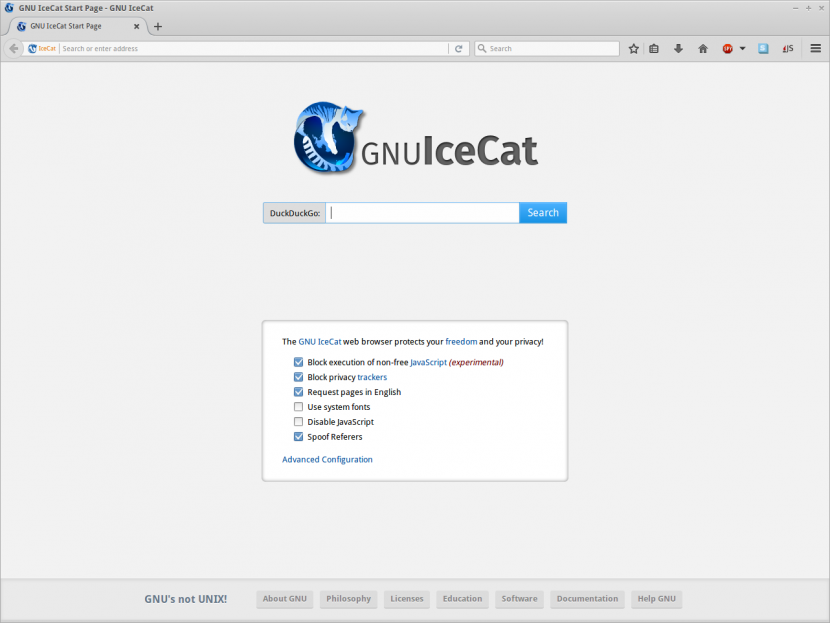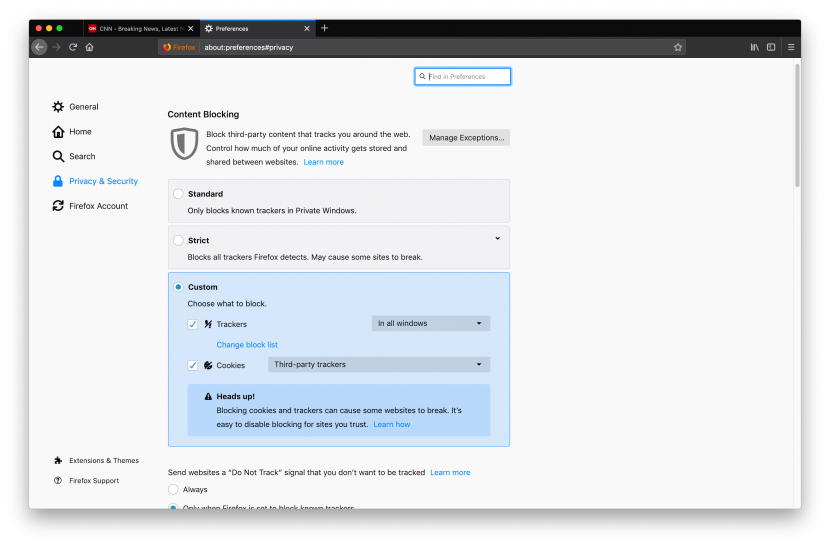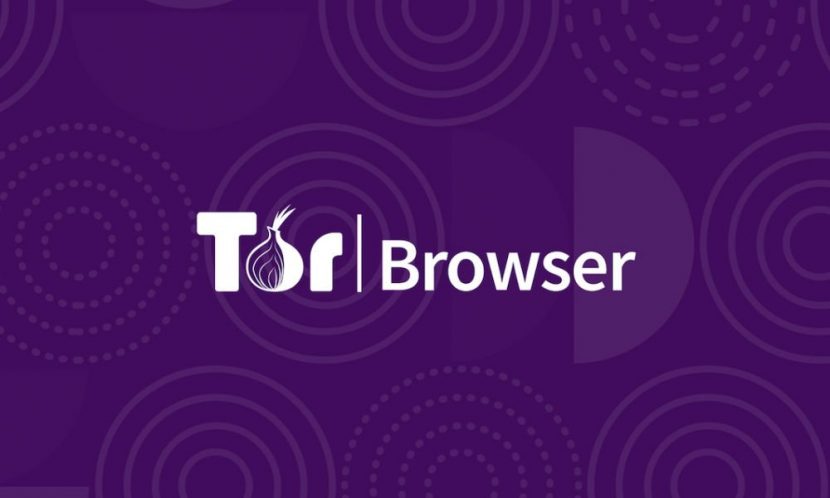The Most Secure Browser to Protect Your Privacy and Keep you safe
 Image credits: Shutterstock
Image credits: Shutterstock
The Internet has become our one-stop solution for everything; be it shopping, socializing, job-hunting, education, news updates, business ventures or simply entertainment. This gives an idea of just how much of our customized private information the browser is destined to ask for, even if it means enhancing the user experience. Most of the time, users are not even aware of how their personal information is not only being extracted but also stored and provided (or sold) to third parties. Browsers have a large role to play in what kind of information can be stored and sent back to third party users. The entire map of the user’s searching patterns; browsing history, cache and cookies, can be easily accessed by third parties. Similarly, any auto-fill credentials that might be frustrating to repeatedly enter, are stored in the browser and can be retrieved and misused. This is why choosing the most secure browser is extremely important. The documentary “The Social Dilemma” is a good source to understand just what the third parties intend to do with the user’s information.
Even though it all makes using the internet sound like a grave mistake, but it doesn’t have to be entirely bad. Rest assured, the benefits of the internet can still be reaped if some precautions are in place. Users can start by opting for the most secure browsers that can assure privacy and safety against information misuse.
Contents
Why is a secure browser needed?
Secure browsers can be judged by multiple aspects. The browser must have regular security updates in response to the evolving malicious content threatening to violate the safety and security of the users. Sandboxing is a given feature of some browsers. It allows the downloaded applications or codes of any kind to run within a restricted space set by the browser. This comes in handy in case any malware tries to sneak into the device to steal information. A secure browser will also upgrade the visited websites from HTTP to HTTPS Everywhere, making it more secure and encrypted. In a good browser, look for ad blockers and cookie blockers. This essentially protects the user’s privacy that advertisers may otherwise breach for their gain. Using incognito mode, VPN and ad blockers can protect the users against most of these concerns. However, it is advised to minimize your digital footprint by using the most secure browser in the first place.
Few Of The Most Secure Browsers
Some of the secure browsers shortlisted for this article are ranked below:
-
Google Chrome Browser
Due to its user-friendly interface, Google Chrome has a whopping 69.66% market share among desktop browsers, globally. It offers users a third-party secure experience, with a strong sandboxing system, a dedicated team for regular updates, preventing active content like Adobe Flash from automatically running and promptly notifying about any potential malicious website the user may click on. While this could be everything on a secure browser’s “Good” checklist, Google is still not much of a recommended gateway. To polish the user experience, Google Chrome collects cookies and personal information wherever possible, not always by asking. This data tracks everything the user does online and attempts to provide a customized experience. The browser does offer extensions that can counteract these features, but they have to be added manually as they are not in the default settings.

If Google’s surveillance is not a concerning matter for the user, then perhaps Google Chrome is the browser that has it all.
-
Safari Browser
Apple’s Safari browser is packed with all the basic essential features that any secure browser should come with; pop-up blocking is among the best, and security patches are regularly updated. It offers private session browsing and an anti-phishing filter. Safari has good cookie control and prompts before downloading any files which ensures proper security.

However, Safari has faced much criticism over the years after some hackers breached into a Mac through its Safari browser’s sandbox. In 2019, Apple was also accused of sending IP information from the Safari browser to Tencent. Apple explained this as checking with the company if the website being visited was fraudulent or not. This, however, is accepting of the fact that some information does go to a third party, and is concerning whether security means compromising privacy.
-
GNUIcecat Browser
A project of GNU, GNUIcecat browser, is a revamped version of the Mozilla Firefox browser. It has the same security features and some additional featues like anti-fingerprinting, add-ons like HTTPS Everywhere that encrypt user data, and Priv3 for social media security. GNUIcecat browser can also successfully block cookies disguised as zero-sized images. The drawback of this browser is that it can’t match the speed of modern popular browsers.

-
Pale Moon Browser
This light-weight fork of Mozilla Firefox is usually picked for its excellent customizability. However, Pale Moon Browser is a truly secure browser that offers more than just what meets the eye, as it carries additional security features and security-aware development. It runs an independent browsing engine, Gecko, which is a good way to keep user information safe from third parties. It receives regular updates with the latest security patches.
Pale Moon offers a wide variety of lightweight themes, gradients, fonts; all that glitter and sparkle in line with their motto “Your browser, your way”. At the same time, users can even install the Firefox extensions that can ensure the same level of protection and security that is recommended. The only reason why users might hesitate making Pale Moon their default browser is that it was created using a very old Firefox code, meaning there can be certain formats of media that may not be supported by the browser.

-
Epic Privacy Browser
Epic Privacy browser is built upon Chromium code; the open-source project that is maintained by Google and other parties. This browser not only blocks ads, trackers, fingerprinting, cryptomining, and ultrasound signalling, but it also takes security one step further. You know how incognito mode and safe browsing work? Epic Privacy browser is just like that, except by default. As soon as the user closes the window, all of the user’s information is erased along with it. It includes all cookies, browsing history and contents of the browser’s cache.
Epic Privacy browser also employs a built-in proxy server, an integrated VPN (a virtual private network) that is operated by Hidden Reflex. By routing the web traffic through a proxy server, it actively prevents websites from seeing the user’s true IP address. The limitations are obvious with this one; users cannot access their own history or save their passwords on the browser. Being routed through proxy servers also means there is some inevitable lag. However, for high-level security, the Epic Privacy security guarantees that this inconvenience can be absolved.

-
Iridium Browser
Iridium is another browser that is built from Chromium, meaning it comes with all the same features plus ad-ons that give extra security to the user. All the Chromium extensions are also supported by Iridium. Iridium is better than Chrome in light of security; thanks to its features like disabled autocomplete through prediction service, keeping cookies and cache data only until the browser has exited, always sending the “Do-Not-Track” header, not storing passwords and other auto-fill information. Even the most basic information sent to central services does not proceed without the user’s permission. The only short-coming this browser leaves back is that it is not supported by Android and iOS.

-
Mozilla Firefox Browser
Firefox is the third most popular browser, right after Google Chrome and Apple’s Safari. This open-source browser offers strong privacy protection features along with customization features, exceptional security, and regular updates with a dedicated development team. The newest version is as fast and light-weight as any browser available on the internet, with an automatically enabled strict anti-fingerprinting feature. This is how Firefox prevents websites from creating your unique digital fingerprint.

Firefox also offers privacy protection in several layers, which the user can choose from depending on the need. With enhanced tracking protection from Firefox, users can choose between the standard, strict and custom modes. In the standard mode, users can open a Private Browsing window which actively blocks known trackers and their cookies. Strict mode is a step further, which can be as hard as breaking down websites upon loading if there are any sort of trackers present at all. Custom mode lets the user decide what category of cookies is to be accepted or blocked i.e from unvisited websites, third party trackers or all cookies.

Firefox does not block pop-up adverts, however, extensions are available to cater to this issue. In fact, Firefox has a good reputation for having a myriad of extensions, especially to cater to privacy and security concerns. Even if the browser itself may not be secure enough for some users, the numerous extensions harden its credibility. One thing to be noticed is that users have to manually disable telemetry from the settings, which is a feature designed to collect “technical and interaction data”. It can also “install and run studies” within the Firefox browser.
-
Tor Browser
Users to whom privacy over the internet is of the utmost concern, Tor is the best choice. Between the search click and reaching the desired website, Tor will route the search through three different servers, encrypted three times. This means that not one server has the user’s entire information, such as IP address and the website being visited at the same time. The browser also has strict anti-fingerprinting measures and deletes cookies and cache as soon as the browser is exited.
Tor browser is so secure that it may become difficult for users to run their searches smoothly. This is so because the relaying of the search through different servers not only causes lags but if the website is found to be not secure enough, the website may crash. Some plug-ins may also be impossible to use within the browser because of its security measures. JavaScript, for example, is needed by many websites to run, but since it collects information, it gets blocked by the browser, making it impossible to use those websites. Security checks such as CAPTCHA verifications may also pop up way more frequently as compared to other browsers. Tor offers privacy-enhancing extensions as well such as NoScript, which automatically blocks active content, and HTTPS Everywhere, which forces websites to upgrade to HTTPS. With such measures in place, Tor browser is definitely ranked amongst the most secure internet gateways. However, it is not suited for day-to-day use.

-
DuckDuckGo
While DuckDuckGo does not have a stand-alone desktop browser, it is a renowned search engine for protecting user’s privacy. It is offered as an extension for browsers, such as for Chrome, and Tor for even more secure searches such as over the Dark Web. DuckDuckGo has applications for Android and iOS. The DuckDuckGo company cannot even estimate their true number of users as they do not keep any sort of user data.
A feature of this browser is Smart Encryption. Internet-savvy people notice how secure a website is by searching for HTTPS Everywhere instead of HTTP in URL of the site, to determine safety. With Smart Encryption, DuckDuckGo forces HTTPS encryption on the sites users visit. It then ranks the security of the site based on their privacy policy and lets the users know. While some browsers also offer this feature, the initial request for the site is still exposed, revealing users’ identity in some capacity.

DuckDuckGo can keep users’ private information safe from being collected even from internet giants like Google and Facebook which sell it to advertisement companies. In fact, with DuckDuckGo, the searches are not even saved anonymously since DuckDuckGo’s developers appreciate the fact that even those can be de-anonymized and then traced back to users’ identities.
In short, DuckDuckGo offers all the perks such as not keeping cookies, cache, browser history, no pop-up ads (especially based on your searches), infinite scrolling for results, same search results as Chrome, and of course, excellent privacy.
However, the list of reasons someone may not want to opt for DuckDuckGo include:
- It does not save browser history, making it hard to retrieve your own important information.
- No customized results based on users’ searches for the same reason.
- Less personalization. The layout and features it offers are all there to work with.
- There are also fewer features compared to Google, such as maps, books, flights etc.
Which one is the most secure browser to use out of these?
Each browser comes with its fair set of pros and cons. The decision to choose which one is the safest and least compromised depends on the nature of the searches and the willingness of the user to give up some or no information. However, for more private and secure searching, users’ go-to is Tor browser with DuckDuckGo search engine.